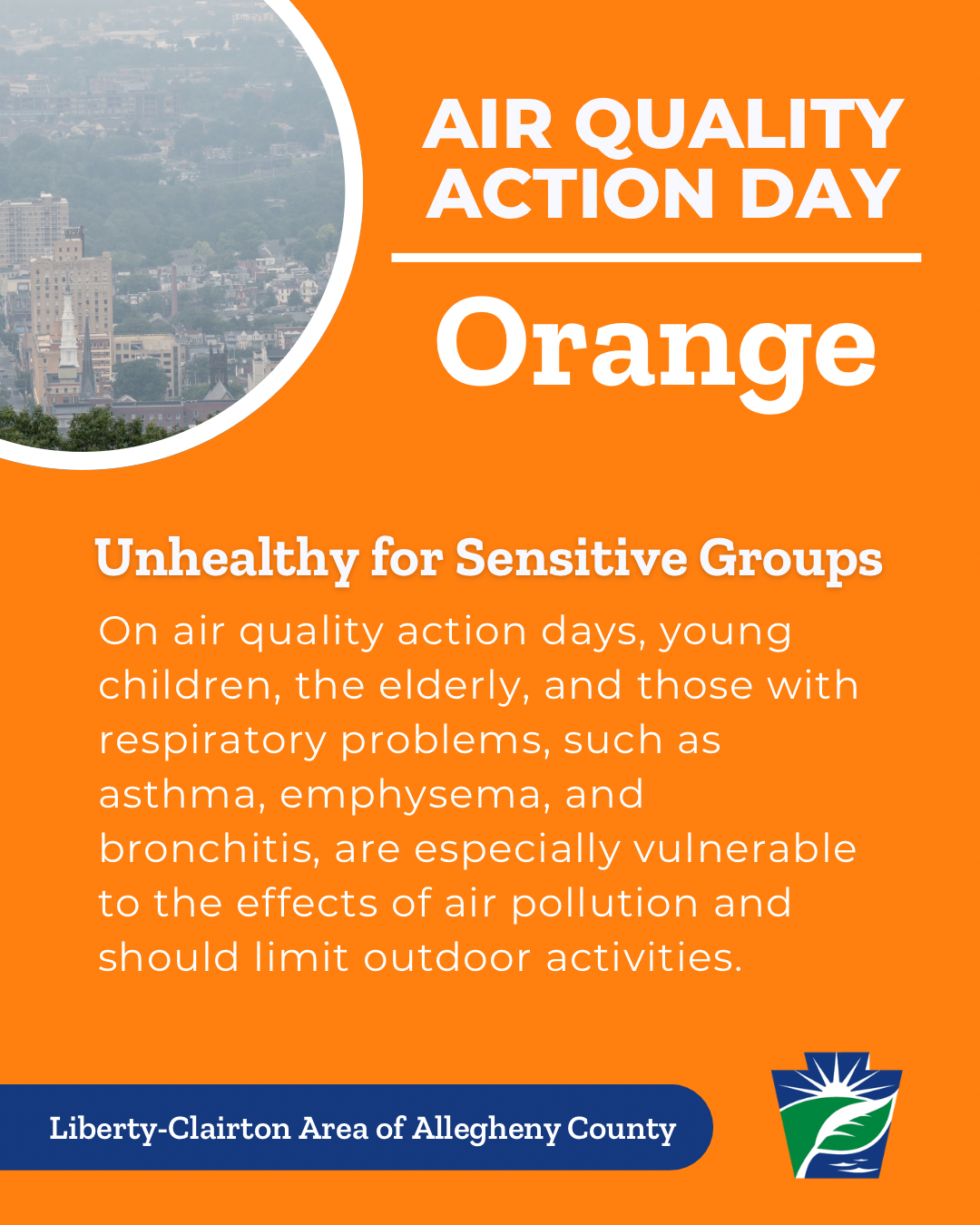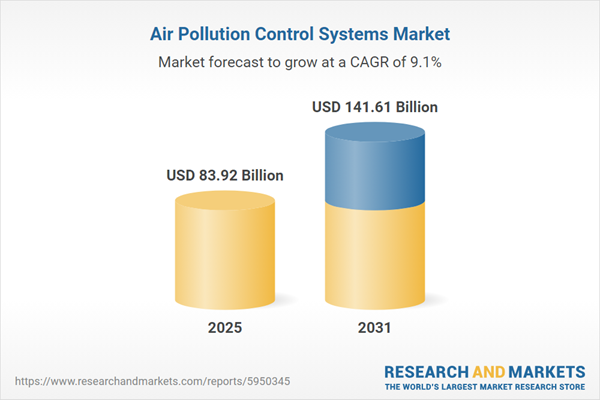Poll finds the public remain unaware of the health impact of air pollution – AirQualityNews

Report on Public Health Awareness of Air Pollution and Alignment with Sustainable Development Goals
Introduction: Addressing a Public Health Emergency in Line with SDG 3
The Royal College of Physicians (RCP) has formally requested that the UK government initiate a nationwide public health campaign concerning air pollution. This call to action is a direct response to survey findings indicating a significant lack of public awareness regarding the severe health risks associated with poor air quality. The identified knowledge gap presents a substantial obstacle to achieving key targets within Sustainable Development Goal 3 (SDG 3), which aims to ensure good health and well-being for all. The RCP has characterized the situation as a public health emergency, demanding immediate and coordinated action.
Key Findings: Public Awareness Deficit
A YouGov survey commissioned by the RCP revealed critical deficiencies in public understanding of the links between air pollution and major non-communicable diseases, undermining progress towards SDG Target 3.4 (reduce premature mortality from non-communicable diseases). Key findings include:
- Dementia: Fewer than one in five adults (17%) are aware of the connection between air pollution and dementia.
- Diabetes: An overwhelming majority (95%) either denied or were unaware of the link to diabetes.
- Cardiovascular and Cerebrovascular Disease: Awareness of the connection to stroke and heart disease was critically low, at 18% and 30% respectively.
- Maternal and Child Health: Over half of respondents (55%) were unaware of the link to adverse pregnancy outcomes, a critical area for SDG Target 3.2 (end preventable deaths of newborns and children under 5).
- Perceived Personal Risk: While 61% acknowledged air pollution as a health threat, a significant minority (33%) perceived no personal risk.
Health Impacts and Economic Costs: A Barrier to SDG 3 and SDG 8
The RCP report, ‘A Breath of Fresh Air’, underscores that air pollution damages nearly every organ system, directly impeding the achievement of SDG 3 (Good Health and Well-being). The health consequences are extensive and directly challenge SDG Target 3.9, which seeks to substantially reduce deaths and illnesses from air pollution.
- Systemic Health Damage: Air pollution is linked to foetal development issues, diabetes, cancer, cardiovascular disease, stroke, poor mental health, and dementia.
- Projected Mortality and Economic Burden: The report estimates that air pollution will contribute to approximately 30,000 deaths in the UK in 2025. The associated annual economic cost is projected to exceed £27 billion, negatively impacting sustainable economic growth as outlined in SDG 8 (Decent Work and Economic Growth).
- Dementia Risk Factor: Recent research highlights that a 10 μg/m³ increase in PM2.5 particulate matter elevates the risk of dementia by 17%.
Recommendations for Government Action to Advance SDGs
The RCP has outlined a series of recommendations for the government that align with multiple Sustainable Development Goals. These actions are designed to bridge the public awareness gap and implement structural changes necessary for healthier environments.
- Launch a Government-Funded Public Health Campaign: A comprehensive campaign is required to educate the public on the health effects of both indoor (e.g., damp, mould) and outdoor (e.g., vehicle emissions, wood burning) air pollution. This supports SDG 3 by empowering individuals with knowledge to protect their health.
- Provide Practical Guidance: The campaign must offer actionable advice for reducing personal exposure, with a particular focus on protecting vulnerable populations, thereby promoting health equity.
- Implement Robust Emission Reduction Measures: Public education must be supported by strong government policy. This includes setting stricter PM2.5 targets in the national air quality strategy, a critical step for achieving SDG 11 (Sustainable Cities and Communities), specifically Target 11.6, which aims to reduce the adverse per capita environmental impact of cities by improving air quality. Such measures also contribute to SDG 13 (Climate Action), as many pollutants share common sources with greenhouse gases.
1. Which SDGs are addressed or connected to the issues highlighted in the article?
The article on air pollution and its health impacts directly addresses and connects to several Sustainable Development Goals (SDGs). The primary goals identified are:
- SDG 3: Good Health and Well-being: This is the most prominent SDG in the article. The entire text focuses on the adverse health effects of air pollution, such as dementia, diabetes, stroke, heart disease, and cancer. The call for a public health campaign by the Royal College of Physicians (RCP) is a direct effort to protect and promote public health.
- SDG 11: Sustainable Cities and Communities: The article discusses air pollution from sources like “vehicle emissions and wood burning,” which are significant issues in urban and community settings. The call for government measures to reduce emissions and improve air quality is central to making cities and human settlements healthier and more sustainable.
2. What specific targets under those SDGs can be identified based on the article’s content?
Based on the issues discussed, several specific SDG targets can be identified:
SDG 3: Good Health and Well-being
- Target 3.4: By 2030, reduce by one-third premature mortality from non-communicable diseases through prevention and treatment and promote mental health and well-being. The article directly links air pollution to a range of non-communicable diseases, including “dementia, diabetes, stroke, heart disease, and lung cancer.” Reducing air pollution is a preventative measure to lower the incidence of these diseases and the associated premature mortality.
- Target 3.9: By 2030, substantially reduce the number of deaths and illnesses from hazardous chemicals and air, water and soil pollution and contamination. This target is explicitly addressed when the article states that air pollution is estimated to “cause approximately 30,000 deaths in the UK during 2025.” The entire focus on the health impacts from air pollution aligns perfectly with this target.
- Target 3.d: Strengthen the capacity of all countries… for early warning, risk reduction and management of national and global health risks. The RCP’s call for a “government-funded awareness campaign to provide the public with reliable information about air pollution’s health effects” is a direct action aimed at strengthening the capacity for risk reduction and management of a national health risk by educating the public.
SDG 11: Sustainable Cities and Communities
- Target 11.6: By 2030, reduce the adverse per capita environmental impact of cities, including by paying special attention to air quality. The article’s central theme is the need to improve air quality. The call for “robust government measures to reduce emissions” and the demand for “stricter PM2.5 targets in the upcoming air quality strategy review” are direct actions aimed at achieving this target.
3. Are there any indicators mentioned or implied in the article that can be used to measure progress towards the identified targets?
Yes, the article mentions and implies several indicators that can be used to measure progress:
Indicators for SDG 3
- Mortality Rate from Air Pollution (Indicator 3.9.1): The article provides a specific figure: an estimated “30,000 deaths in the UK during 2025” due to air pollution. This number serves as a direct measure for the indicator “Mortality rate attributed to household and ambient air pollution.” Tracking this figure over time would measure progress towards Target 3.9.
- Public Awareness Levels (Implied): The YouGov poll results provide a baseline measurement of public awareness. For example, “fewer than one in five British adults (17%) know that air pollution is connected to dementia.” The success of the proposed public health campaign (related to Target 3.d) could be measured by conducting follow-up surveys to track increases in public knowledge about the health risks of air pollution.
- Economic Cost of Pollution (Implied): The article mentions an “annual economic cost exceeding £27 billion.” This financial figure can be used as an indicator to track the economic burden of diseases attributable to air pollution. A reduction in this cost would indicate progress in preventing non-communicable diseases (Target 3.4).
Indicators for SDG 11
- Annual Mean Levels of Fine Particulate Matter (Indicator 11.6.2): The article specifically references “PM2.5 particulate matter” and calls for stricter targets. It even cites research linking a “10 μg/m³ increase in PM2.5” to a 17% rise in dementia risk. This directly relates to the indicator “Annual mean levels of fine particulate matter (e.g. PM2.5 and PM10) in cities,” which is the primary way to measure air quality under Target 11.6.
4. Table of SDGs, Targets, and Indicators
| SDGs | Targets | Indicators Identified in the Article |
|---|---|---|
| SDG 3: Good Health and Well-being |
3.4: Reduce premature mortality from non-communicable diseases.
3.9: Substantially reduce deaths and illnesses from air pollution. 3.d: Strengthen capacity for health risk reduction and management. |
– Economic cost of air pollution-related health issues (exceeding £27 billion annually).
– Mortality rate attributed to air pollution (estimated 30,000 deaths in 2025). – Public awareness levels on health impacts of air pollution (e.g., only 17% know the link to dementia). |
| SDG 11: Sustainable Cities and Communities | 11.6: Reduce the adverse per capita environmental impact of cities, paying special attention to air quality. | – Annual mean levels of fine particulate matter (PM2.5), with the article calling for stricter targets and citing the health impact of a 10 μg/m³ increase. |
Source: airqualitynews.com
What is Your Reaction?
 Like
0
Like
0
 Dislike
0
Dislike
0
 Love
0
Love
0
 Funny
0
Funny
0
 Angry
0
Angry
0
 Sad
0
Sad
0
 Wow
0
Wow
0















































































